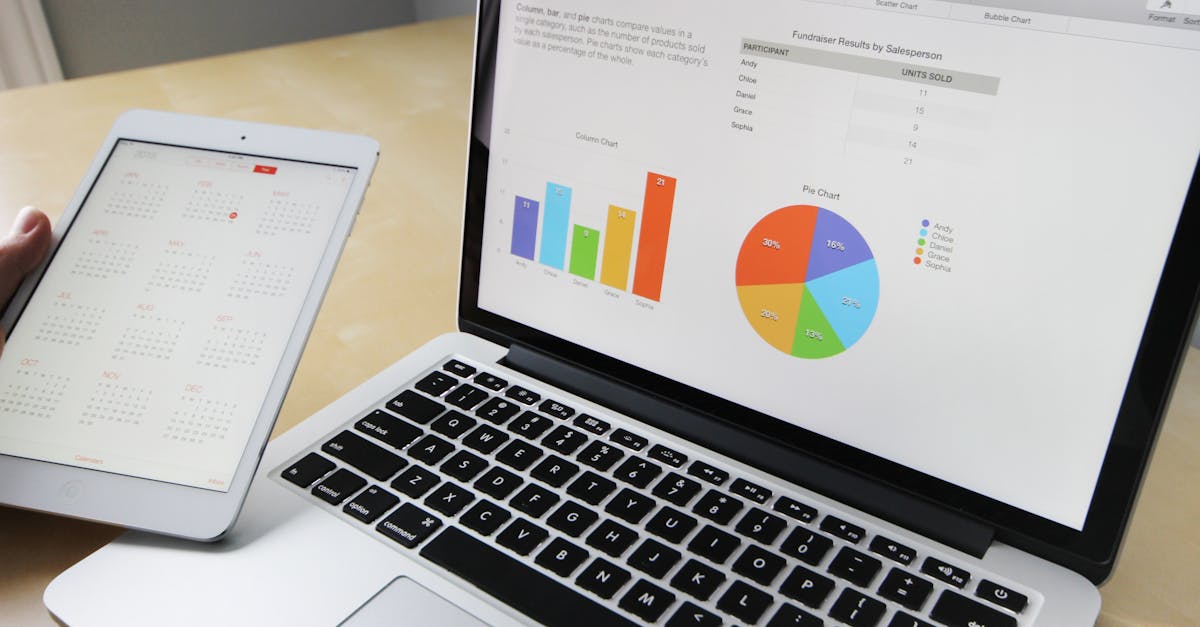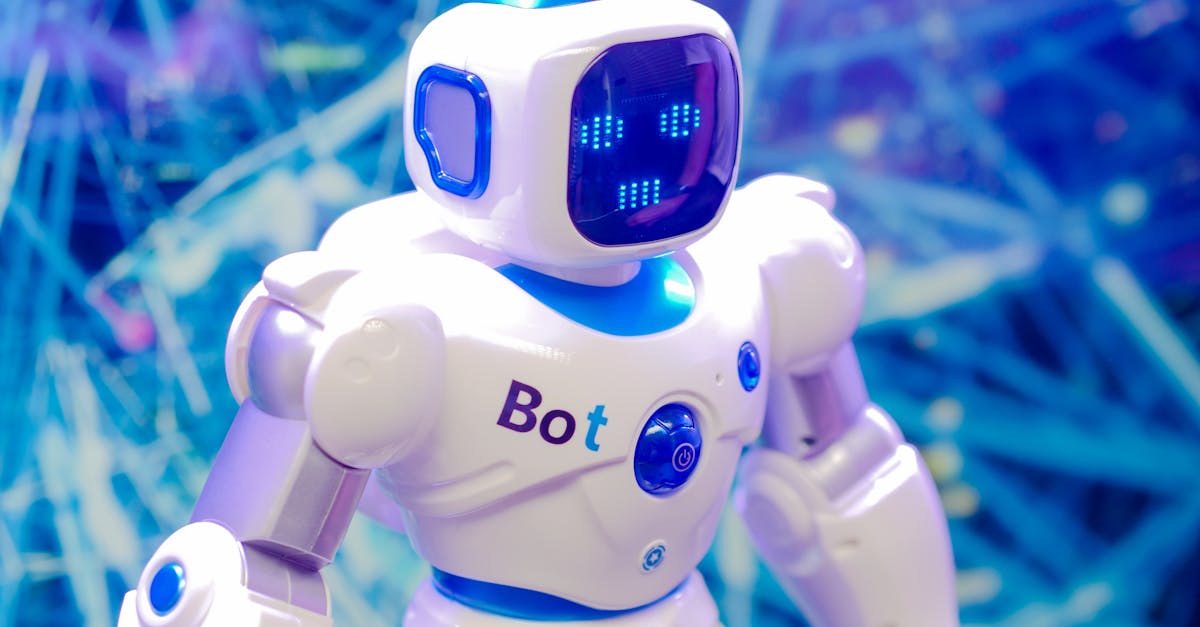AI in the Workplace: Revolutionizing Productivity and Efficiency
Introduction
Artificial Intelligence (AI) is steadily transforming workplaces across the globe. It promises to enhance productivity, streamline operations, and foster innovation. The integration of AI solutions is reshaping how organizations function and compete in today's market.

Andrew Neel/Pexels
Advertisement
Automation of Repetitive Tasks
One of the most visible impacts of AI is the automation of repetitive and mundane tasks. From data entry to appointment scheduling, AI systems take over routine functions, freeing employees to focus on more strategic activities. This shift not only boosts efficiency but also employee satisfaction as workers engage in more fulfilling roles.

Jakub Zerdzicki/Pexels
Advertisement
Advanced Data Analysis
AI excels in processing massive amounts of data quickly and accurately. By leveraging machine learning algorithms, businesses gain deeper insights into market trends, consumer behavior, and operational inefficiencies. These insights empower companies to make data-driven decisions, optimize strategies, and maintain a competitive edge.

Pixabay/Pexels
Advertisement
Enhanced Customer Interactions
AI-driven chatbots and virtual assistants have revolutionized customer service. These tools provide instant responses, 24/7 availability, and consistent support to customers. By handling routine inquiries, AI systems ensure human agents can devote time to complex and nuanced customer issues, enhancing overall customer experience.

Antoni Shkraba/Pexels
Advertisement
Predictive Maintenance
In industrial sectors, AI plays a crucial role in predictive maintenance. By analyzing equipment data, AI models predict potential failures, allowing businesses to perform maintenance proactively and avoid costly downtimes. This approach not only saves time and resources but also extends the lifespan of machinery.

Pixabay/Pexels
Advertisement
Personalized Marketing Strategies
AI is transforming marketing with personalized content and targeted campaigns. By analyzing online behavior and preferences, AI systems tailor advertisements to individuals, increasing engagement and conversion rates. This personalization enhances user experience and contributes significantly to brand loyalty.

Christina Morillo/Pexels
Advertisement
Improving Workplace Safety
AI technologies monitor and enhance workplace safety by identifying potential hazards and ensuring compliance with regulations. From using computer vision systems in factories to wearable devices tracking health indicators, AI solutions contribute to safer work environments, reducing risks and accidents.

Antoni Shkraba/Pexels
Advertisement
Recruitment Efficiency
AI is reshaping recruitment by automating candidate screening processes. Machine learning algorithms evaluate resumes, match candidate profiles with job requirements, and even conduct initial virtual interviews. This streamlining results in faster hiring and better matches, saving time and resources.

Vlada Karpovich/Pexels
Advertisement
Ethical Considerations
Despite its benefits, AI in the workplace raises ethical concerns. Issues related to job displacement, privacy, and data security must be addressed responsibly to foster trust. Companies should aim to balance innovation with ethical responsibility, ensuring AI benefits employees and society alike.

August de Richelieu/Pexels
Advertisement
Conclusion
AI's potential in revolutionizing the workplace is vast. By automating tasks, enhancing decision-making, and personalizing experiences, AI drives productivity and innovation. As AI continues to evolve, it is crucial for businesses to embrace and adapt to these technological advancements to remain competitive.
Advertisement


